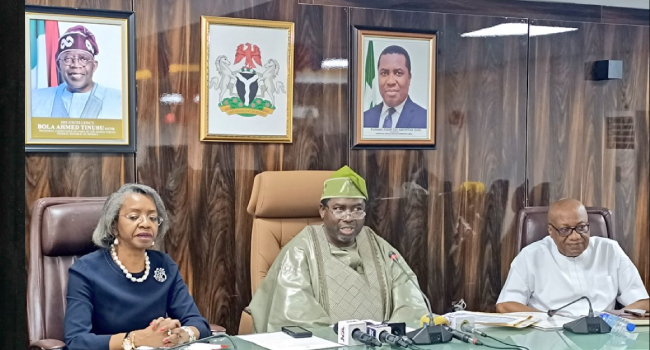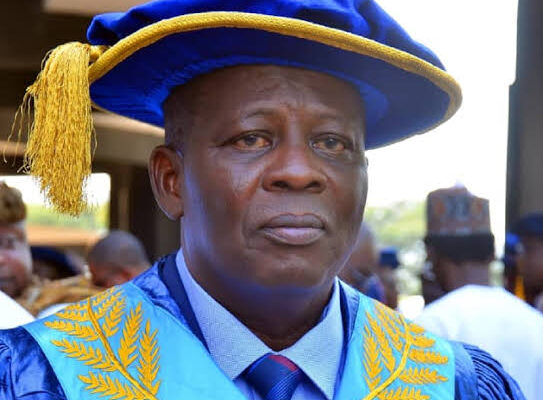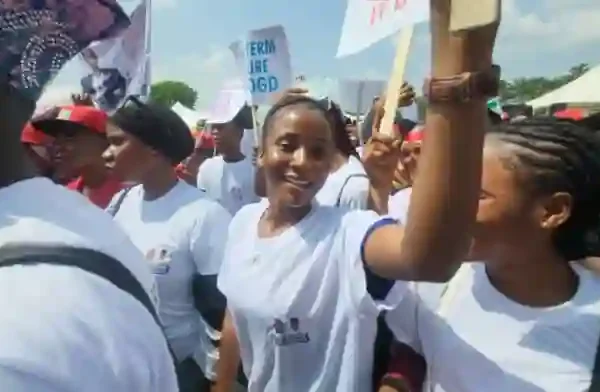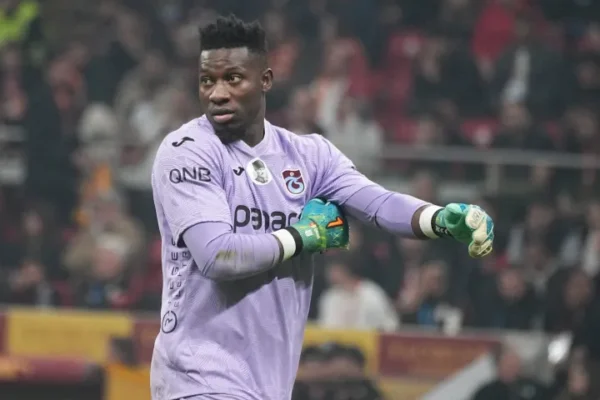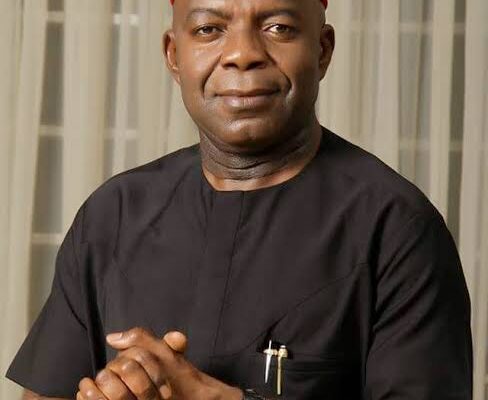
Governor Alex Otti’s Aides Survive Gunmen Attack In Owerri, No Casualties Reported
Abia Governor Alex Otti’s aides came under attack by unidentified gunmen on Tuesday in Owerri, Imo State’s capital. The incident occurred between Umuowa and Ihite junction, just a few kilometres from Sam Mbakwe Airport, as the vehicle carrying three officials—part of an advance team—was reportedly targeted by fleeing gunmen. Njoku Ukoha, the governor’s Chief Press Secretary, confirmed the attack, noting that Governor Otti was not involved. “In the early hours of today, December 2nd, an advance team of three members from the Office of the Executive Governor of Abia State, His Excellency Dr. Alex Chioma Otti, on duty to Sam Mbakwe Airport, Imo State, was attacked by unidentified gunmen. The incident occurred between Umuowa and Ihite junction, shortly before the Sam Mbakwe Airport junction in Imo State,” the statement read. Ukoha added that there were no casualties and that the governor’s convoy remained unaffected.

